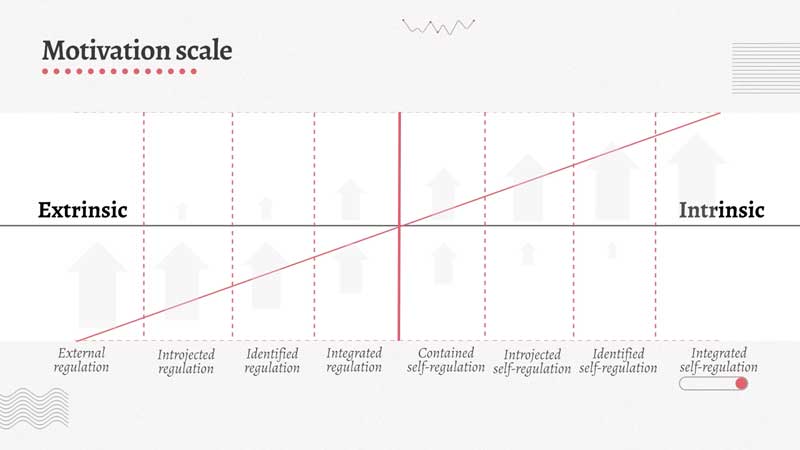Master
Storytelling Toolkit
6 core tools to help you build powerful metanarratives for social and environmental transformation.
Can be used in workshops, strategy meetings, developing resources, developing campaigns, social media content development, resource creation, corporate vision, leadership, and a whole range of contexts that seek to create long-term behavioural and cultural change.
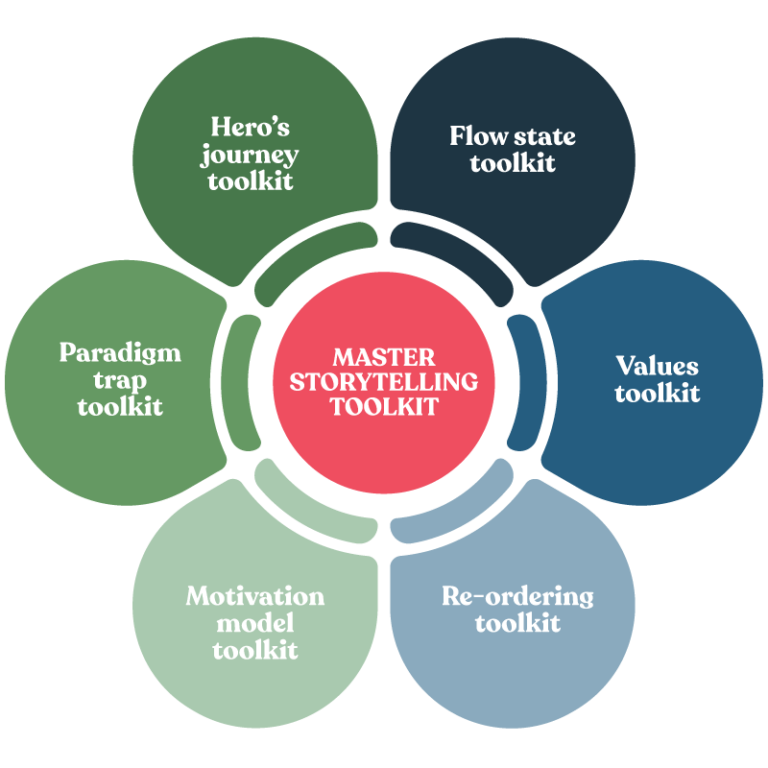
Contrary to popular belief, stories don't change the world, metanarratives do.
Kieran O'Brien, director of Ministory
6 core tools
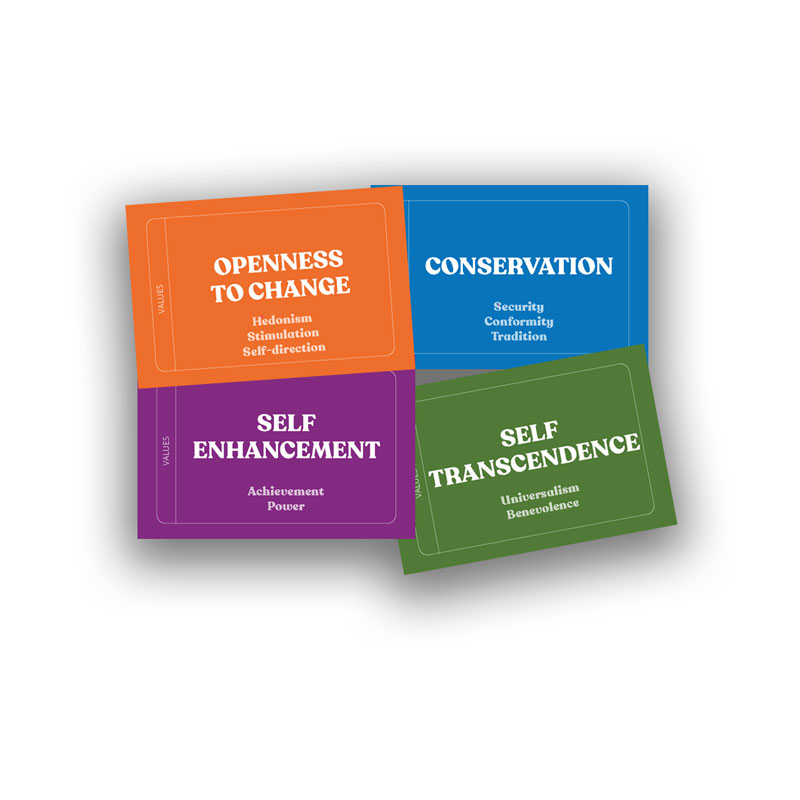
1. Values toolkit
Values-ception is the ability to see and interpret values. This skillset takes time to learn and apply to your work. This is the perfect toolkit to get you started.
This classic metanarrative, based on ancient stories, myths and wisdom traditions, offers a range of resources to help you think about how to take audiences on a journey towards meaningful change.
Values, by their very nature, remain implicit in everything we do. When we make them explicit we change their nature and they lose their power. Learning how to work with and engage values is a necessary skillset for anyone looking to create positive change in the world.
This toolkit draws from and builds upon Schwartz’s values theory. Using neuropsychology, we look at how values change their nature under different flow states. Working with the right flow state is essential if we are to work with the values needed for positive change.
You will be able to:
- Understand how values interact and relate to each other
- The relationship dynamics that exist with different values
- How to work with values, and how to authentically engage them in your work
- How to ‘awaken’ the necessary values needed for positive change
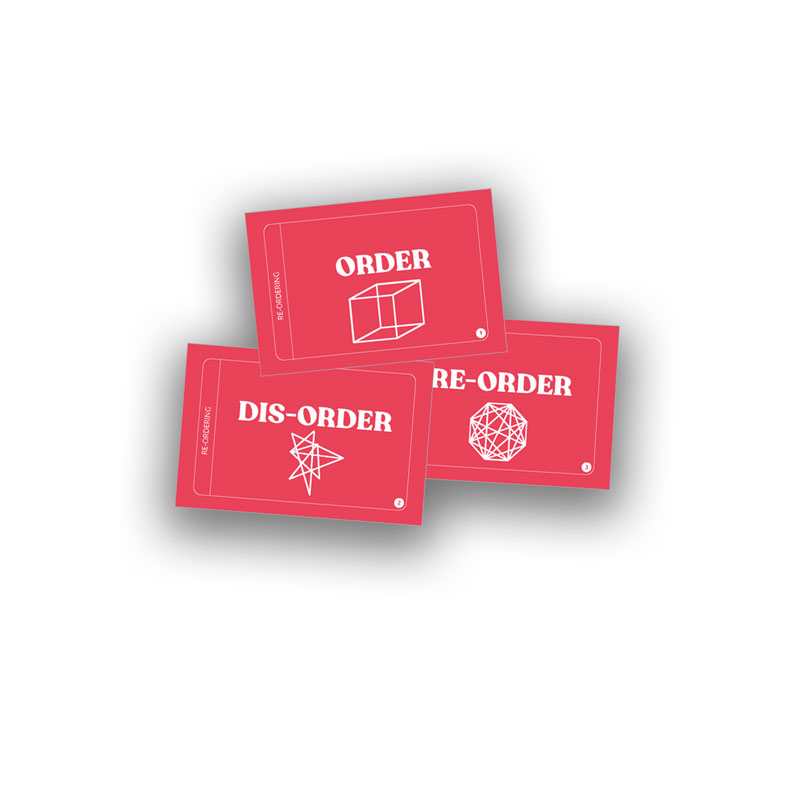
2. Re-ordering toolkit
This deceptively simple toolkit can offer some profound insights when used alongside the insights from our Master Storytelling training programme.
This classic metanarrative, based on ancient stories, myths and wisdom traditions, offers a range of resources to help you think about how to take audiences on a journey towards meaningful change.
This toolkit represents the three stages of authentic change: order, dis-order and re-order. What we mistake for order is actually a disguised disorder. Using this toolkit we can start to highlight and address the inherent dis-order that sits in our thinking, and how to work with dis-order to bring about a new re-ordering.
This toolkit is ideally suited for workshops and activities where we are faced with stubborn problems that we can’t seem to think our way out of. Using this simple three-step process, alongside the insights from our Master Storytelling training, we can begin to find different questions to ask and deeper solutions to the problems we encounter.
You will be able to:
- Use insights from neuropsychology to address the false order that we take for granted
- Think deeper about some of the most challenging and persistent problems we all face
- Work up new creative solutions to overcome deep-seated issues
- Find new ways to restore a new order, that are not confrontational, but rather adopt a shoulder-to-shoulder encounter
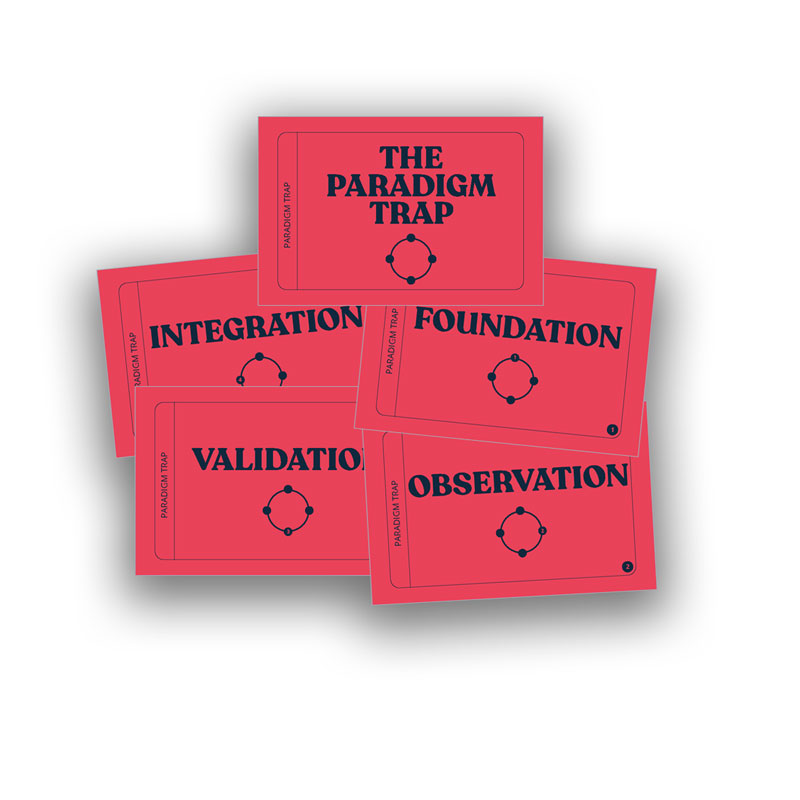
3. Paradigm trap toolkit
As we think through paradigms it is almost impossible to think our way out of them. This is called a paradigm trap. If we can escape from paradigm traps we can begin to see better, and to find more meaningful solutions to some of the most complex problems we face.
This classic metanarrative, based on ancient stories, myths and wisdom traditions, offers a range of resources to help you think about how to take audiences on a journey towards meaningful change.
Paradigms are ways of thinking that shape how we see and relate to the world around us. We often overlook the fact that we think through paradigms, and all our thinking is shaped by the dominant paradigms that we hold. Paradigms are never values-neutral, they all contain their own values-ecology. Only until we break the old paradigms that cause so much harm, can we ever look to bring about authentic and lasting change.
To escape a trap, you must first be able to see the trap. We will show you how to work through the four stages of a paradigm trap and how to unravel the paradigms that we find ourselves in. This toolkit, although challenging to use at first, can offer some profound insights and open our eyes to see differently and spot things that we simply couldn’t see before.
You will be able to:
- What paradigms are, their nature and how they work
- What the dominant paradigms are that shape our thinking
- How paradigms trap our thinking, and how to escape from the halls of mirrors that they keep us in
- Create the space for new paradigms to emerge, using insights taken from neuropsychology
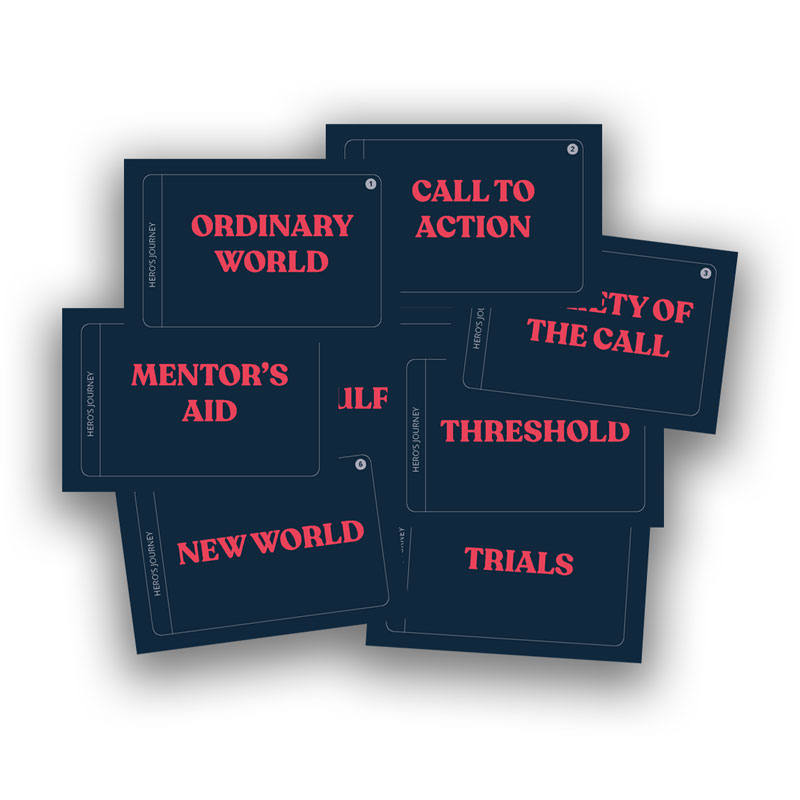
4. Hero's Journey
No storytelling toolkit would be complete without reference to the Hero’s Journey. As we develop our work with metanarratives, we show you how to avoid the trap of using the Hero’s Journey as a storytelling formula, and understand how to use this classic metanarrative in a different flow state to build positive change.
This classic metanarrative, based on ancient stories, myths and wisdom traditions, offers a range of resources to help you think about how to take audiences on a journey towards meaningful change.
This classic metanarrative, based on ancient stories, myths and wisdom traditions, offers a range of resources to help you think about how to take audiences on a journey towards meaningful change.
This toolkit can help us to explore the deeper journey, that sits at the metanarrative level, of the world we are leaving behind, and crossing the threshold into the new world. This is a great resource if you are looking to deepen your engagement with your audiences.
You will be able to:
- Understand hero dynamics
- Understand the nature of crossing thresholds
- How to draw your audiences into positive change in a more meaningful way
- How to create narratives that awaken the hidden values that need to be awakened
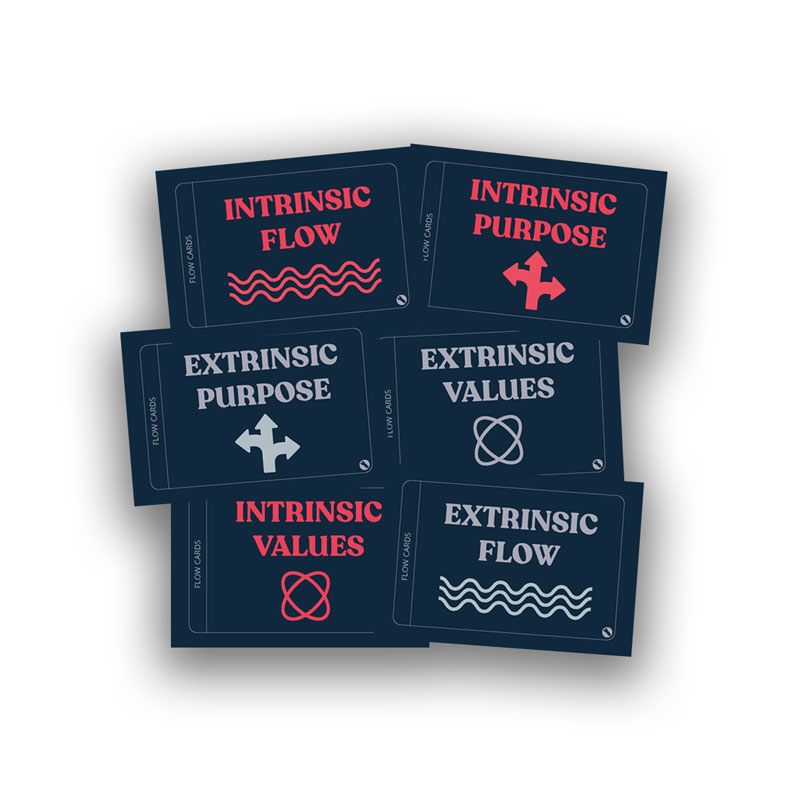
5. Flow state toolkit
Our cultural conditioning tends to elevate rational thinking above all other thinking processes. The result is that when we skew our thinking towards the values and flow state of the left hemisphere of the brain. The result is that we get stuck in a single flow state which makes lasting and meaningful change almost impossible. This toolkit is designed to offer an alternative flow state to help you think differently, and how to use this flow state in your work.
This classic metanarrative, based on ancient stories, myths and wisdom traditions, offers a range of resources to help you think about how to take audiences on a journey towards meaningful change.
There are broadly two flow states, extrinsic and intrinsic. These represent broadly two completely different eco-systems. Our over-reliance on one flow state, extrinsic, is not only problematic but it can also be stated as the problem that we are all seeking to address. Changing this flow state is our urgent task.
This toolkit broadly explores the different flow states within the context of values, motivation and purpose. Understanding each of these flow states as separate eco-systems, with their own language, values and drive we can begin to see how trying to create meaningful change with the wrong flow state becomes self-defeating in the end.
You will be able to:
- Understand the nature of the two flow states
- Know why we need to leave the dominant flow state behind
- Know how to use an alternative flow state, and how to bring it into your work
- Build new ways of working that use the language, values and purpose of an intrinsic flow state
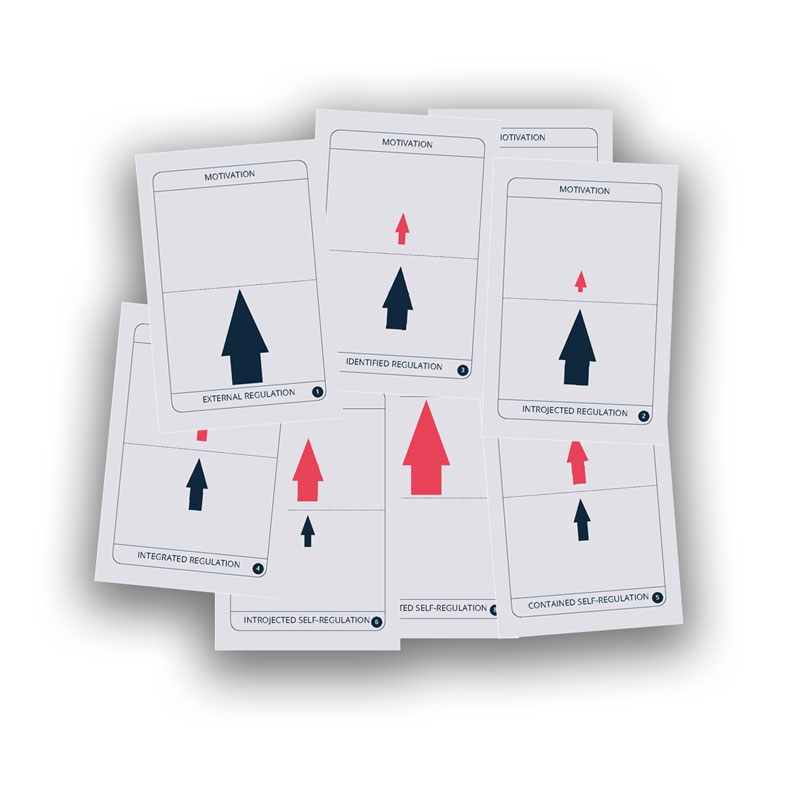
6. New motivation model
Motivation is everything. If we can’t get motivation right, then no matter how hard we push our campaigns, and how much energy we put into our initiatives, if the motivation dynamics are wrong we will never bring about the significant and lasting changes we seek. Getting motivation right is everything.
This classic metanarrative, based on ancient stories, myths and wisdom traditions, offers a range of resources to help you think about how to take audiences on a journey towards meaningful change.
This toolkit explores a new motivation model that builds upon self-determination theory. Using insights from neuropsychology we explore the ‘hidden’ stages of intrinsic motivation, and how these later stages can unlock our ability to bring about lasting change on the issues we care about.
Using a simple motivation continuum, we explore the higher stages, which are the self-transcending stages, of motivation. These stages correlate to the self-transcending values of ‘protecting the environment’, ‘social justice’ and ‘a world at peace’. To work with these values in their ‘natural’ state demands that we learn how to use intrinsic motivational triggers to drive our campaigns and initiatives.
You will be able to:
- Understand the nature of motivation and how to use a motivational continuum
- Work with the higher stages of motivation and how we can engage these higher stages through metanarratives and implicit communications
- We know how to use different motivational triggers that lead to long-term behaviour change
- How to motivate groups, societies and cultures when we move to the higher stages of the motivation continuum
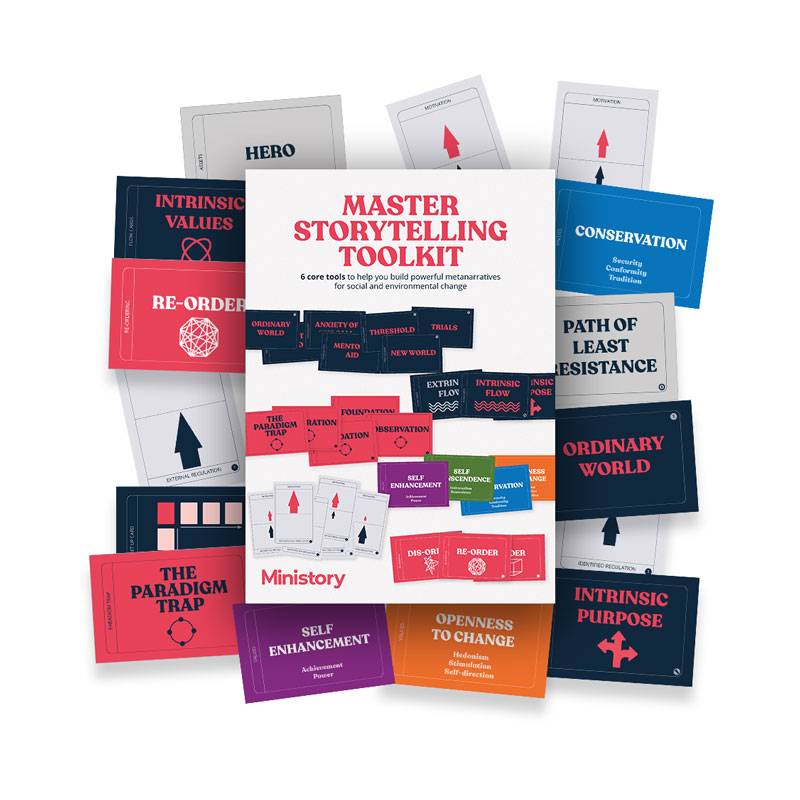
Master Storytelling Toolkit
Workshop cards and full guide-
6 core workshop tools
-
Master Storytelling guide and instructions
-
Access to online tutorials
New to Master Storytelling?
Here are some frequently asked questions to help you on your journey towards becoming a Master Storyteller.
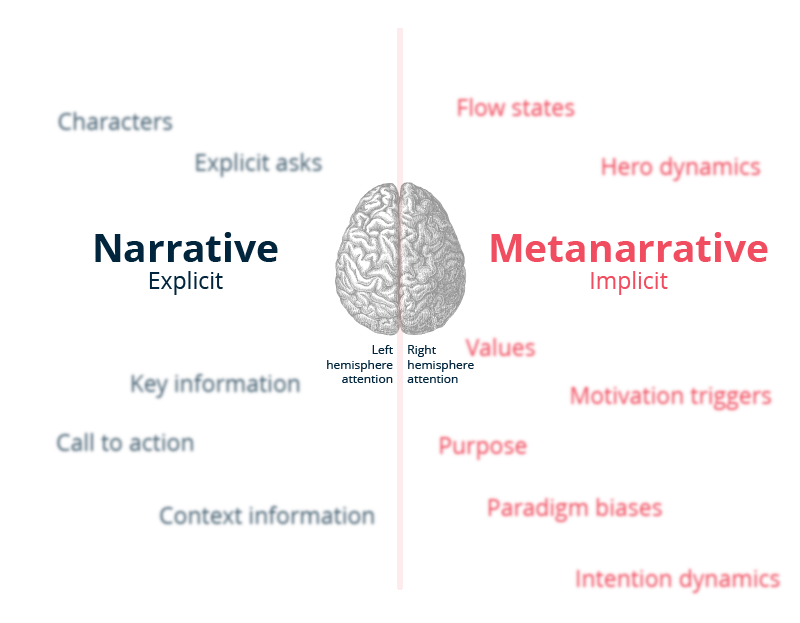
Master Storytelling is different to standard storytelling approaches. Not to be confused with the ability to master the art of storytelling (i.e. expert storytelling), Master Storytelling works at the metanarrative level of all communications.
Metanarratives are the implicit narratives that sit at the pre-conscious level of every form of communication we make.
Being able to work with implicit narratives takes time to learn, and requires certain toolkits to help dismantle toxic metanarratives and build new metanarratives which are needed to bring about cultural and social transformation.
Our work builds on new insights taken from neuropsychology that show how the two hemispheres of the brain interpret the same information differently. The left hemisphere works with explicit information, the right with implicit information.
There are many historical and philosophical reasons why we tend to ignore implicit information, due to our preference for rational, linear and technocratic thinking.
Without understanding how ‘to speak’ to the right hemisphere means that we struggle to tell stories that resonate, as well as motivate audiences to take meaningful action on the issues we care about.
This toolkit is highly adaptable to all types of work. It enables you to see what is happening at the implicit level of everything we do.
Understanding these underlying dynamics can be applied to all types of work, especially leadership, communications, strategy, audience engagement (campaigning, fundraising, education), and a whole range of different areas of work.
This toolkit forms part of the overall Master Storytelling training programme. We recommend you use these cards alongside the training we offer to get full use of these toolkits and how to apply them meaningfully to your work.
This toolkit does come with access to a range of tutorials to get you started. There are also ongoing workshops available if you want more guidance on how to use these resources in your work.
We take our customers’ security very seriously. We use a dedicated website security service that ensures our site is always free from malware or fraud attacks. To further protect your privacy and increase your security online, we do not store your credit card numbers or other financial details. Your credit card data is processed by the largest and safest payment processors online: Stripe Payments.
Certainly! Please contact us and we will send an invoice in your company’s name. Once you make a purchase you instantly receive your download links by email also from within that email message you can access your invoice that’s automatically created. Just in case you need any changes made to the invoice, just feel free to contact us anytime and we would be happy to make any changes.


